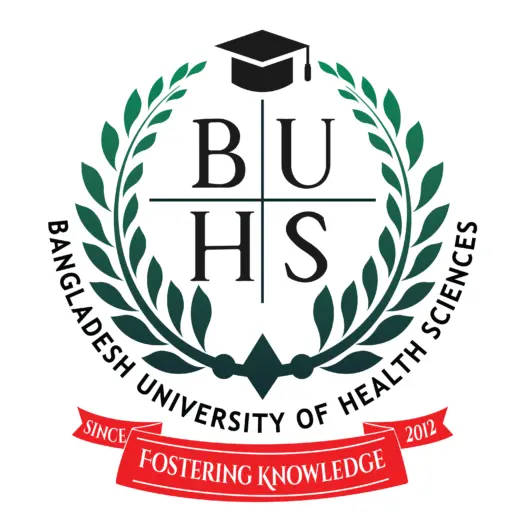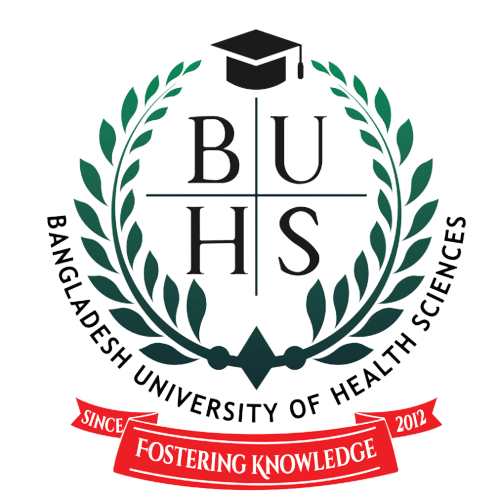MPH IN COMMUNITY MEDICINE
- Acquire current core knowledge to understand the impact of the various stages of life, as well as the effects of gender, life style, socioeconomic status, nutritional factors, genetic characteristics, psychosocial and epidemiologic factors, and culture upon the quality of human health and the prevalence of disease, disease prevention and health maintenance.
- Able to compare the organization, structure and function of health care, public health and regulatory systems across national and international settings
- Capable to interpret multiple dimensions of the policy-making process, including the roles of ethics and evidence
- Apply principles of leadership, governance and management, which include creating a vision, empowering others, fostering collaboration and guiding decision making
- Recognize relevant ethical principles to human decisions about human life and health; analyze ethical positions taken on these matters; and formulate their own moral positions
- Acquire advanced skills to plan, design and implement public health research and programs focusing on epidemiological studies on common health problems
Community Medicine is the branch of medicine concerned with the health of populations. It strives to protect and promote the health and well-being of the community through the Primary Health Care approach. Health needs of populations are measured and appropriate strategies are developed to improve the health status of the community through health promotion, disease prevention and health protection. Students of this subject will have to apply the knowledge they have gained in several areas of medicine for the benefit of the community. They are taught the preventive, curative and promotive aspects of every illness become familiar with the tools available for implementation including health communications and informatics, applications of social and behavioral sciences, and health policy, law and ethics. Students will evaluate methods for addressing non-communicable diseases, communicable disease, environmental diseases, and injury.
Years: 1.5
Semesters: 3
October and April
- MBBS or equivalent degree from any medical colleges
- BDS equivalent degree from any dental colleges
Bachelor degree from any medical Institute
- BSc in Nursing and
- Bachelor of Ayurvedic Medicine and Surgery (BAMS).
- Bachelor of Unani Medicine and Surgery
- Bachelor Homeopathy Medicine.
- Bachelor degree in Life sciences from any public or private institute
- Foreign students with equivalent qualifications are eligible.
- Equivalence will be decided by a committee called ‘Equivalence Committee’ formed by the Academic Council of BUHS
- Scope for higher education (PhD & Post Doc) at reputed and world recognized Universities
- Research position in the field of public health in government and non-government organization,
- Teaching posts in government and private medical colleges,
- Various key positions in different projects and organization,
- Position in policy making level,
- World Health Organization (WHO),
- Local community organization,
- Voluntary organization.

